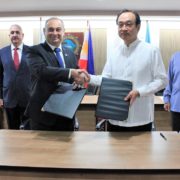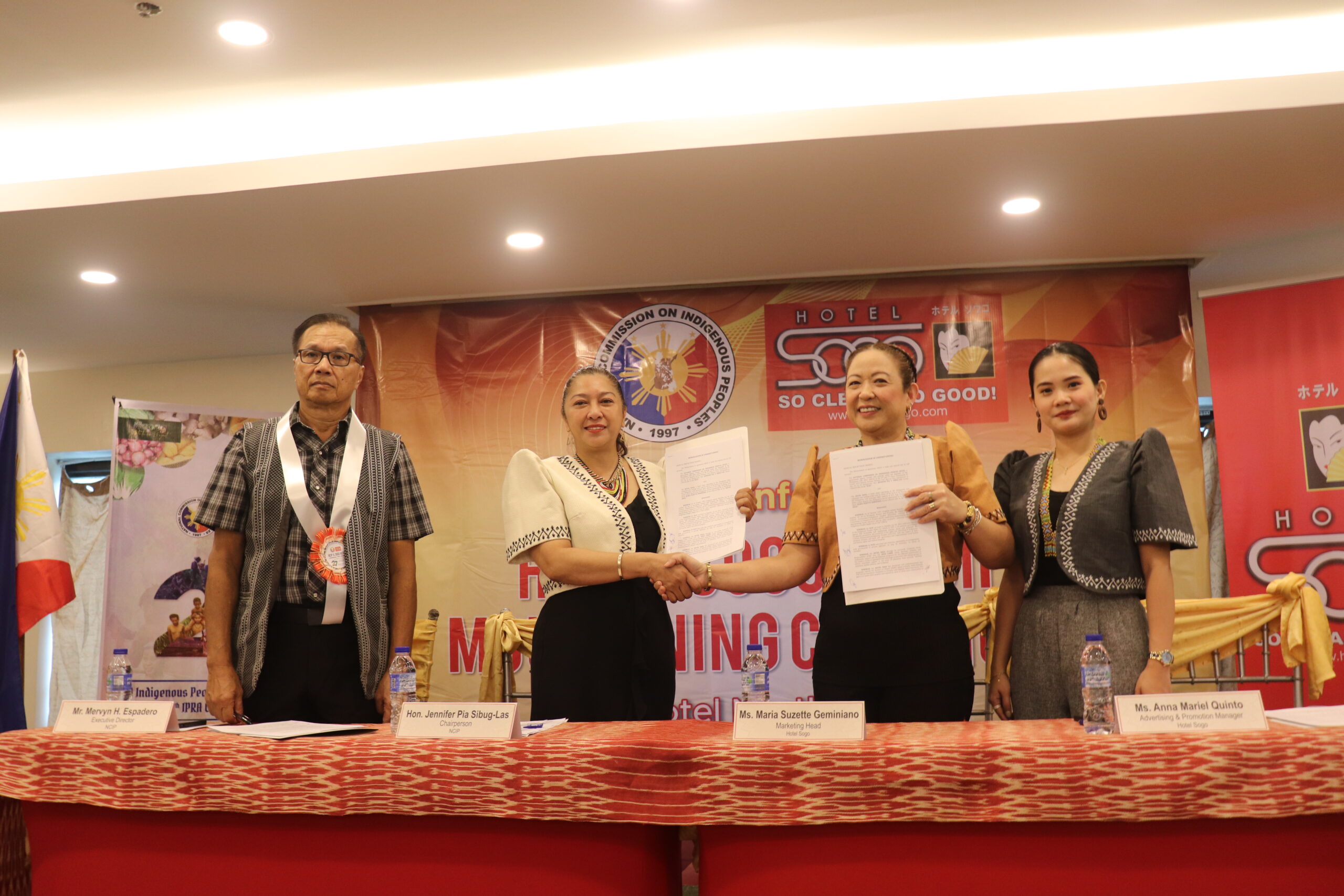
8 March 2019, Philippines – Farmers and fisherfolk in Mindanao will soon receive support from the Government of Japan through agriculture-based livelihood and technical skills trainings that will help enhance productivity, improve efficiency and increase their incomes.
The Government of Japan has partnered with the Food and Agriculture Organization of the United Nations (FAO) for a USD 1.76 million (Php92 million) project that will help enhance the agricultural vocational skills of farmers and fisherfolks in the Bangsamoro areas and other post- conflict areas in Mindanao. This partnership is one of the four (4) projects that the Government of Japan will be supporting as contribution to the promotion of peace and development in Mindanao.
“Mindanao, particularly its agriculture sector, is a major contributor to the Philippine economy given its vast natural resources,” FAO Representative in the Philippines José Luis Fernandez said. “However, despite its huge potential, Mindanao’s agriculture sector continues to face high underemployment rates and low wages.”
Mindanao’s farmers and fisherfolk remain to be among the country’s poorest, with limited access to knowledge and skills that will enable them to be more competitive.
“The recent passage and ratification of the Organic Law for the Bangsamoro Autonomous Region in Muslim Mindanao (BARMM) is ushering initiatives to support further development of the region. These include strengthening human capital through capacity building and skills trainings. The support from the Government of Japan is very timely as this will boost productivity in farming and fishing communities and contribute to increasing household incomes and overall economic activity in Mindanao, including BARMM,” Mr Fernandez said.
The vocational skills training programs, to be implemented in partnership with the Technical Education and Skills Development Authority (TESDA) and other relevant government agencies, will be designed based on the needs of the farmers and fisherfolk, as well as gaps or skills required by the agriculture industry/sector. The project will use modules developed by FAO, TESDA, Department of Agriculture (DA), Agricultural Training Institute (ATI), Philippine Center for Postharvest Development and Mechanization (PhilMech), and the Philippine Rice Research Institute (PhilRice).
The training programs will include lectures, demonstrations, and hands-on activities on crop production, integrated pest management, harvest and post-harvest processing using small farm machineries, livestock/poultry production, animal health management, aquaculture/fisheries production, food processing, etc. Farm Schools (based on FAO’s Farmer Field School) will be used as learning venues for community-based skills trainings, including on financial literacy and entrepreneurship.
The project will assist 2,000 farmers and fisherfolk (including former combatants, indigenous peoples, women and out-of-school youth) from the provinces of Basilan, Sulu, Tawi-Tawi, and Zamboanga Sibugay. Beneficiaries who complete their training programs and/or are awarded national certification by TESDA and/or DA-ATI will be provided with starter kits (small farm tools, para-veterinary kits, engine repair kits, food processing kit, small farm machinery, etc) and help them start their own enterprise/livelihoods. Small farm machinery kits will be provided to community-based organizations with members who have completed training on small farm machinery operation and maintenance.
The project will contribute to the Peace and Development Roadmap of the Duterte Administration, and the goals and objectives stated in the Peace and Development Framework Plan (2011-2030) of the Mindanao Development Authority.




